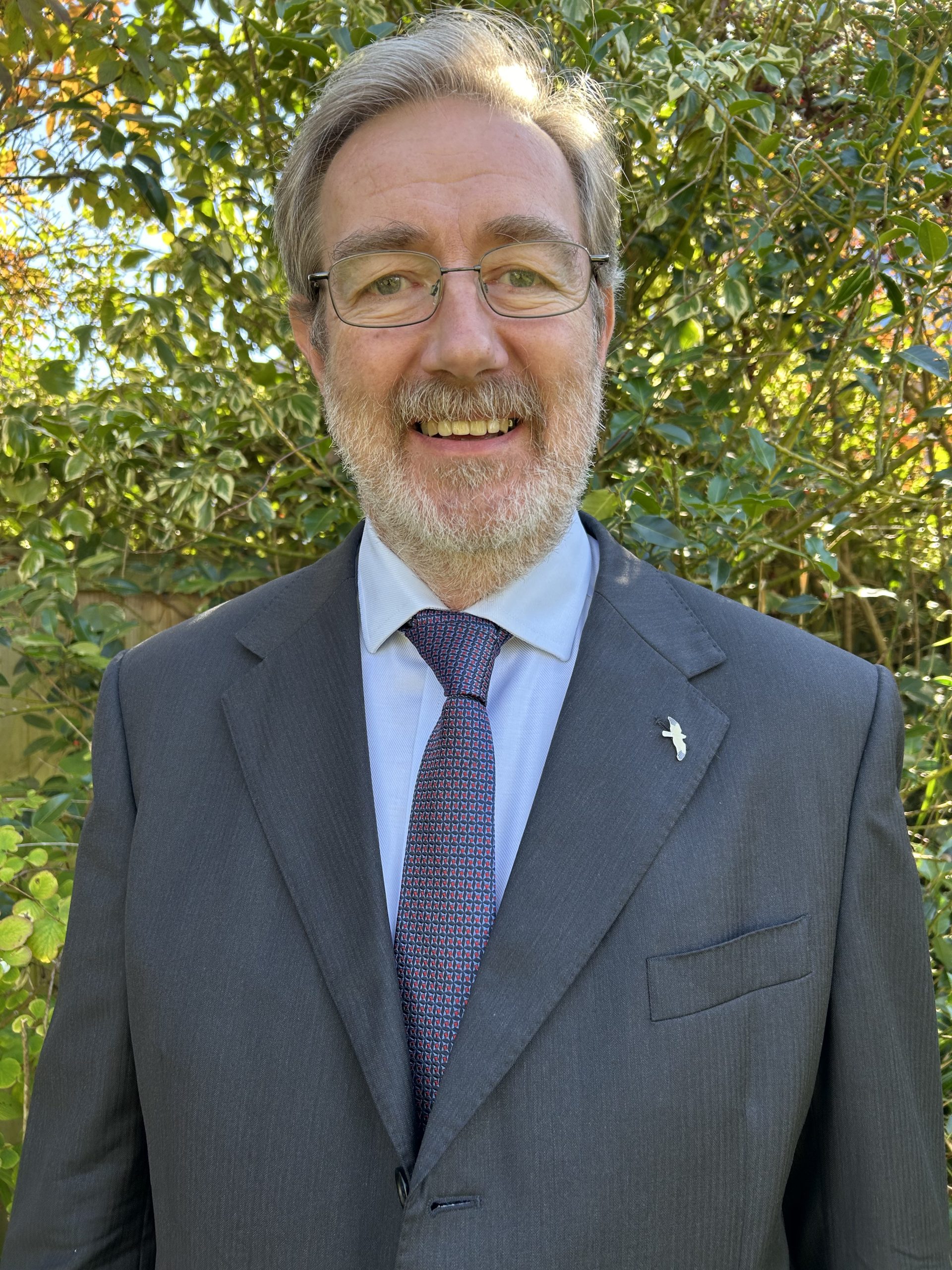
Ahead of his presentation at UKWIR’s annual conference in October, Marcus Rink, Chief Inspector of the Drinking Water Inspectorate (DWI) shares his thoughts on the role of research, innovation and collaboration in driving the sector forward in the face of increasing challenges.
Water is a fundamental resource essential for life and well-being. Its availability, safety, and proper management are crucial for public health, economic development and poverty reduction.
My role is to ensure that the public, industry and future generations have access to a safe, secure and continuous supply of drinking water. This involves overseeing the implementation of water supply and quality regulations and the security management direction under the Water Industry Act.
The good news is England and Wales boast exceptionally high drinking water quality. Compliance rates have consistently exceeded 99.97% in recent years, with over 4 million analyses conducted across 52 parameters. While there have been instances of non-compliance, many of these can be attributed to issues within domestic plumbing systems.
Internationally, England and Wales stand out for their commitment to water quality. The UK has consistently scored 100 on Yale’s global Environmental Performance Index, which ranks water quality on a scale of 0-100, meaning England and Wales have the highest possible score. This achievement is particularly noteworthy considering the global water crisis, where billions of people lack access to clean drinking water.
Despite our nation’s impressive record, it is crucial to address the issues that pose significant threats to our water supply.
What challenges need to be addressed?
From source to tap, we are very dependent on our environment. Abstracting good quality water is directly affected by the developing changes to our climate, which, to an extent, alters the characteristics of our source water. This can be due to heavy rain causing an increase in turbidity; movement of diffuse pollution from farmland, such as pesticides; or where there are overspills of industrial water which may contain metals.
However, we are also seeing longer dry periods, where concentrations of some of those parameters which cause problems for treatment works arise, again, these might be pesticides, metals or microbiological contaminants.
We need to prepare ourselves for the future, protecting future generations by having the appropriate technologies to treat those substances, and the methodologies to identify those hazards.
As a sector, we can improve the natural environment by improving catchments, and therefore catchment management, and ensuring that microbiological and chemical hazards are identified, along with changes in weather patterns.
The changing characteristics of rivers and society also need to be considered. For example, greater and rising use of pharmaceuticals, hormones, antidepressants and analgesics.
We need to be mindful about how this impacts our source water and ensure the infrastructure can deal with these evolving challenges, both anthropogenic and environmental, and how they impact each other.
How can we safeguard our drinking water?
It is necessary to adopt a proactive approach. This includes investing in innovative technologies, improving catchment management, and ensuring that water infrastructure is resilient and fit for purpose. Additionally, collaboration between researchers, regulators, and water companies needs to be encouraged, to identify and address emerging risks.
Better understanding of treatment works is needed, so that higher levels of turbidity and concentrations of metals, micropollutants and forever chemicals, such as PFAS, can be tackled. Those chemicals are incredibly useful for industry and our domestic lives, but they are causing some pollution within our environment.
The role of R&D and innovation
Research & development and innovation are essential for protecting and improving drinking water quality. It plays a vital role in scoping the horizon, for example, as a sector, we know there is an increase in microplastics entering our environment – so, we work with researchers to explore what impact that has on drinking water and the ability of water treatment to remove microplastics.
By investing in research, we can gain a deeper understanding of emerging contaminants, develop more effective monitoring methods, and identify innovative solutions to address challenges.
The Drinking Water Inspectorate works closely with leading research institutions, such as UKWIR, to ensure that our policies and regulations are informed by the latest scientific evidence. UKWIR speaks the same language, has the same specialisms and the same mission as DWI – to ensure clean, secure, and wholesome drinking water.
One of the most important things for all professionals working in water is to continually personally and professionally develop themselves, which is why conferences like this are so vital. It is where learning and networking happens.
The better the collaboration, the better the understanding of the issue, and the better decisions will be. Through collaboration, the expertise of researchers can be leveraged to develop innovative solutions that safeguard drinking water supply for generations to come.
The UKWIR Annual Conference takes place in London on 3 October 2024, to register, visit https://conferences.aquaenviro.co.uk/events/conferences/ukwir-annual-conference/



